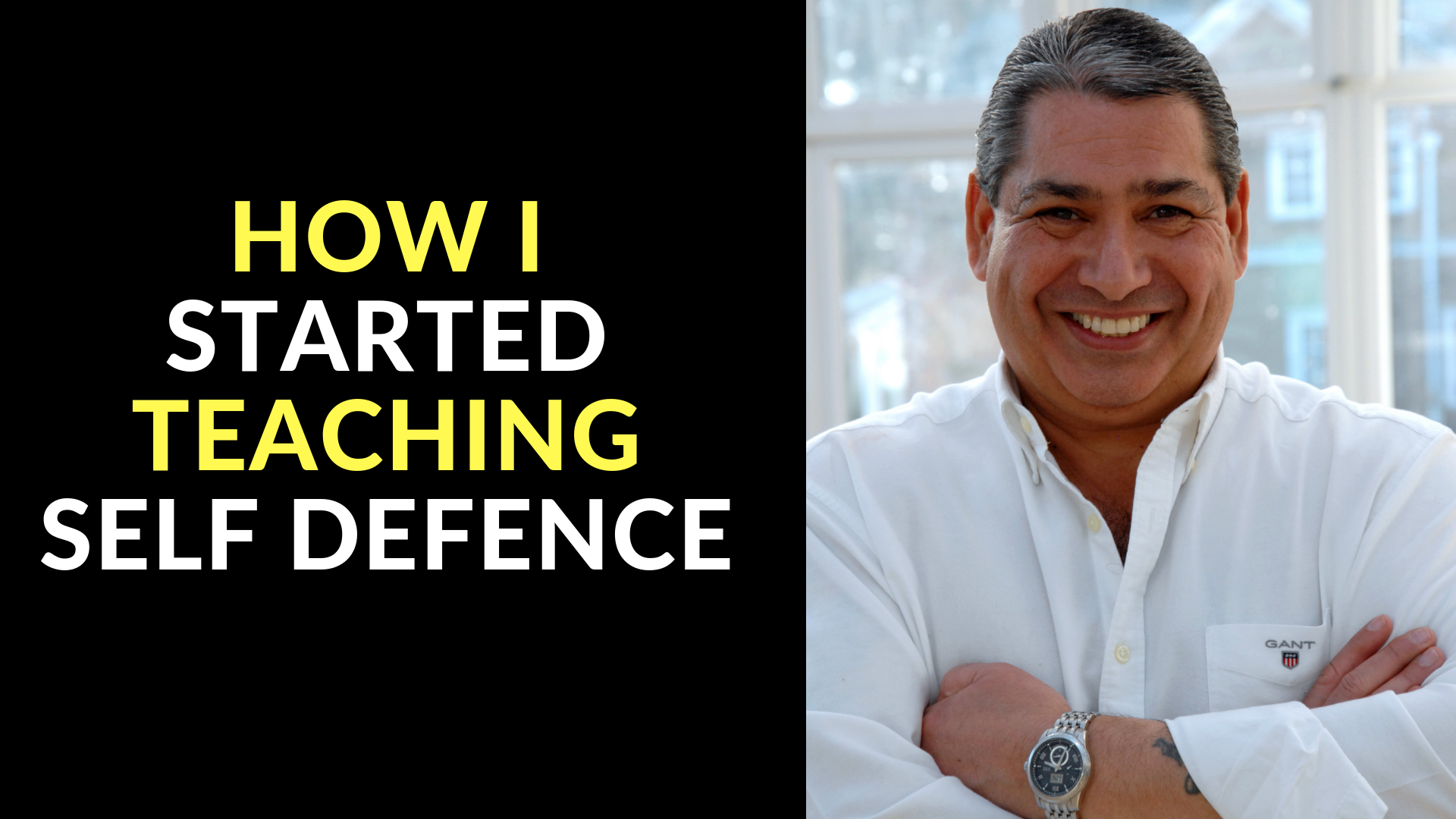I have just been sent an email by someone who is a retail professional who has attended a retail theft and violence course for retail staff and retail security staff.
News
Here you will find all of the latest news articles published in relation to all things to do with physical intervention and physical restraint, self-defence, conflict management, handcuffing and everything and anything else in general.
The Safety Pod as a Least Intrusive Option
In my last video ‘How Restraint Equipment Can Reduce Risk’ I spoke about using restraint equipment as a least intrusive option, and if you haven’t seen that video you can watch it here – https://nfps.info/how-restraint-equipment-can-reduce-risk-video/
Today I have Pal with me from UK Pods Ltd, and I’ve hijacked him to talk about the Safety Pod to give all of you a better understanding of this exceptional piece of equipment and how it can help you reduce the need for prolonged restraint, especially on the floor in prone and supine as well as helping you reduce risk, costs and your overall liability.
How Restraint Equipment Can Reduce Risk [Video]
We all know that one factor in the risk of someone dying from positional asphyxia is restraint going on for an extended period of time.
This video is based on a discussion I have had with someone who is very concerned about a particular service user and also their colleagues who are possibly at risk of serious injury and possibly worse.
How I Started Teaching Self Defence
How I Started Teaching Self Defence This is the story of how I started teaching self-defence back in 1988 on the back of running a martial arts school (check out the dodgy tracksuit!). This was at the request of the local police and local crime prevention panel, who wanted self-defence courses for local people and local businesses. The concept was … Read more
NFPS Coaching and Mentoring Facebook Group [Video]
If you are an NFPS Trainer and you are interested in some additional Coaching and mentoring this year then you are welcome to join our NEW NFPS Coaching and Mentoring Group where we will carry on all future Coaching and Mentoring Sessions. To join the group, click here – https://www.facebook.com/groups/nfpscoachingandmentoring/
Always Have a Strategy
“Always have a strategy and stick to it” – Ray Arcel Ray Arcel was an American boxing trainer who was active from the 1920s through the 1980s who trained 20 world champions. When training Roberto Duran he told Duran: “There’s technique and there’s strategy. Technique is your every move, your every punch. It covers all of your short-term decisions. Strategy … Read more
How To Retire A Millionaire
Imagine you’re retired now and you are sitting in your rocking chair looking back over the best years of your life, wondering what your life could have been like and how your retirement could be different now had you made different choices and taken different decisions. You’ve worked hard all of your life. You are a good person. You never … Read more
Why Situational Awareness Fails
Why Situational Awareness Fails “Situational awareness” is the term used to describe the capacity of an individual or a team to keep track of the multiple factors that together impinge on safety. An example of this can be found in personal safety/self-defence training courses where individuals are taught to become more aware of their environment and what is going on … Read more




